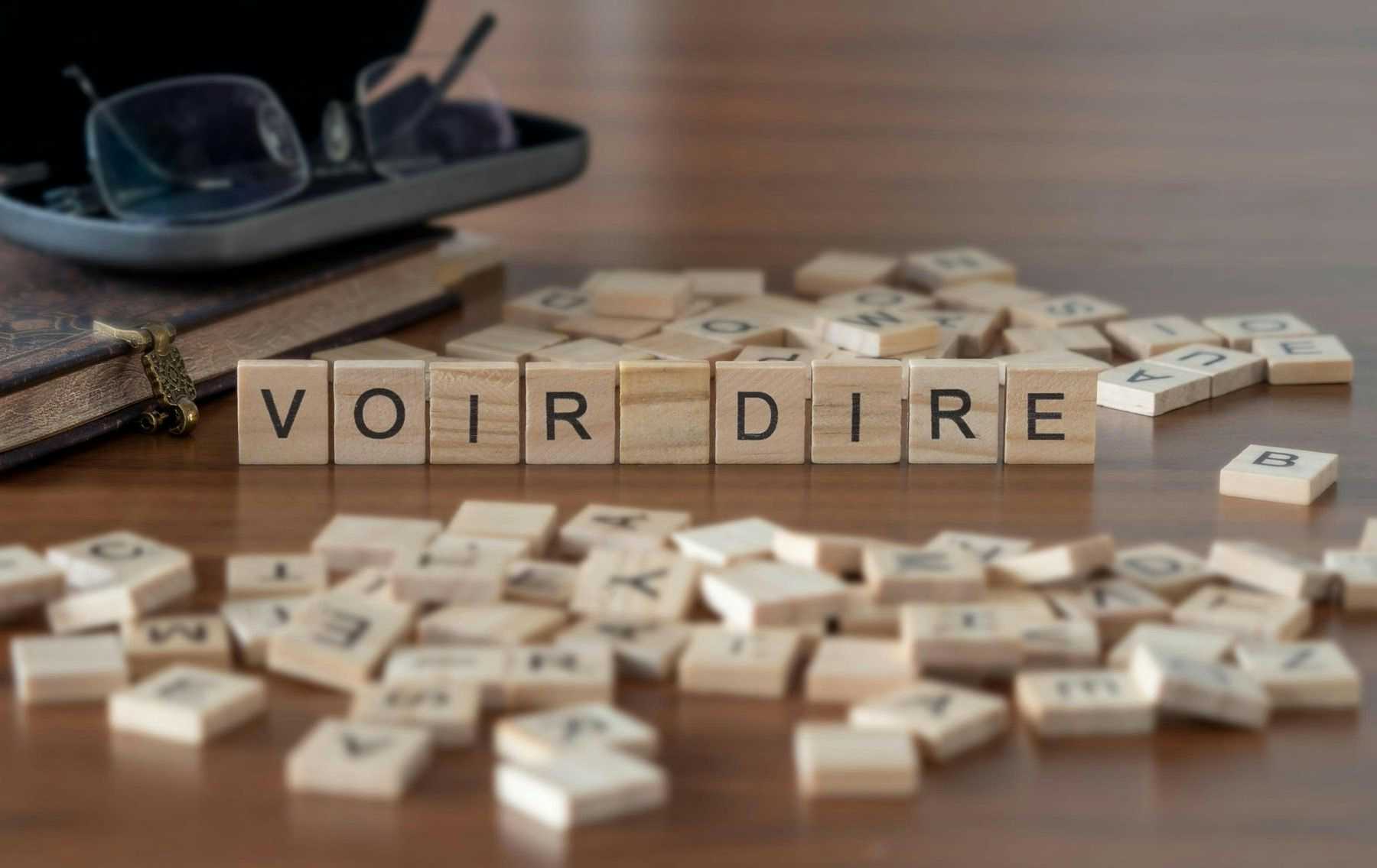How to Qualify an Expert Witness: A Sample Voir Dire
Expert witnesses are necessary to establish testimony of specialized knowledge that a layperson cannot establish in a courtroom.
Updated on
One of the most important aspects of working with an expert witness in litigation is making sure that your expert gets properly qualified to testify in court through the voir dire process. This article will jumpstart your expert qualification process with a sample line of voir dire questions.
What is Voir Dire?
Voir dire is a separate hearing that determines whether evidence is admissible in a trial. Knowing what questions to ask witnesses to get evidence admitted is critical in this process. For an expert witness, this consists of both a direct examination by the person offering the witness as an expert and a cross-examination to determine if they’re qualified to give evidence.
A good way to begin is to introduce the expert to the judge or jury and go through the expert’s resume to establish them as having an extensive background in education and work experience in the subject that you want to qualify them as an expert. Remember, expert witnesses need a scope of expertise and cannot be just general experts.
Federal Rules of Evidence 702: The Basis for Expert Opinion
According to Rule 702 of the Federal Rules of Evidence, a witness who is qualified as an expert by knowledge, skill, experience, training, or education may testify in the form of an opinion or otherwise if:
- the expert’s scientific, technical, or other specialized knowledge will help the trier of fact to understand the evidence or to determine a fact in issue
- the testimony is based on sufficient facts or data
- the testimony is the product of reliable principles and methods
- the expert has reliably applied the principles and methods to the facts of the case
You should always ask your expert to prepare a report before you get into the courtroom. This report should discuss all the different documents or references that the expert considered in order to form an opinion, and will serve as a guide for the expert’s testimony at trial. The expert report should be disclosed to the opposing party along with the expert witness’s resume. The resume should discuss the expert’s education, work experience, publications or lectures. Remember that the expert’s report is generally not admissible into evidence, but it can be used to refresh the recollection of the expert witness if he or she forgets parts of their testimony.
Looking at rule 702 above, it is particularly important that the expert describes the process by which they came to their conclusion. For example, if the expert is testifying to the findings of a scientific study, the expert should explain the process of how the study was conducted and if it produces repeatable results. Next, the expert should reference that they used principles or methods that are accepted within the scientific community in conducting the experiment. The expert witness should also be trained in the Daubert standard and how to lay a foundation to make their testimony and methods admissible in a Daubert hearing.
Sample Expert Witness Voir Dire
Below is a sample voir dire to qualify an expert witness. This voir dire should be altered depending on the type of expert you are using.
- Please state your name.
- Where do you work?
- What is your title there?
- How long have you been at that job?
- What are some of your duties at that place of employment?
- Where did you attend school?
- What degrees do you possess?
- Have you given any lectures?
- Are you a member of any professional associations?
- Have you received any honors or awards?
- Did you specialize in any particular field?
- Do you have a resume? (admit resume into evidence)
- What specific training do you have in the area of your specialty?
- Do you have any publications or research?
- What licenses do you possess?
- How long have you had those licenses?
- Do you have any board certifications?
- If so, how long have you had those certifications?
- Please list your previous places of employment, including each position.
- Please state the duties you had at each of your previous positions.
- What type of scientific or technical studies have you conducted?
- Has your work been peer-reviewed?
- Did you prepare a report in this case?
- Can you please explain the materials that you reviewed in creating your report?
- After you completed your report did you arrive at a conclusion?
- Outline the specific facts and data that you relied on in coming to your conclusion.
- Describe the scientific or technical principles or methods that you used in coming to your conclusion.
- Explain the way that you relied on those principles or methods
- When coming to your conclusion, did you rely on specific scientific or technical principles or methods that are widely used in your field?
- Do you believe that your testimony will be helpful in assisting the judge or jury understand the facts of this case?
- Your honor, at this time I tender this witness as an expert in the field of (state-specific field of expertise).
About the author
Bruce Burk
Bruce Burk, J.D., has performed over 50 jury and non-jury trials in appeals, civil litigation, criminal law, business formation, real estate, workers' compensation, personal injury, and employment law.
Subscribe to our newsletter
Join our newsletter to stay up to date on legal news, insights and product updates from Expert Institute.
Sign up nowA Sample Voir Dire: How To Qualify An Expert Witness
Download free white paperChallenging Opposing Experts: Advanced Research Techniques
Download free white paperCross Examining Expert Witnesses: The Ultimate Guide
Download free white paper
Subscribe to our newsletter
Join our newsletter to stay up to date on legal news, insights and product updates from Expert Institute.



